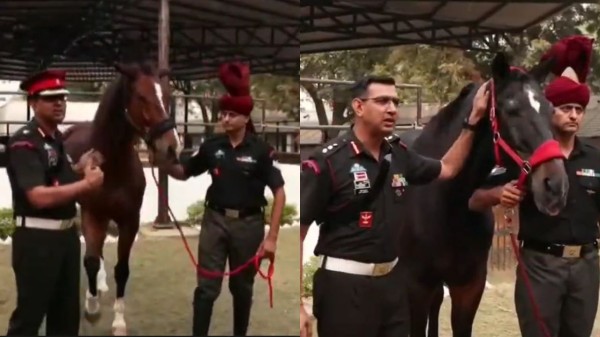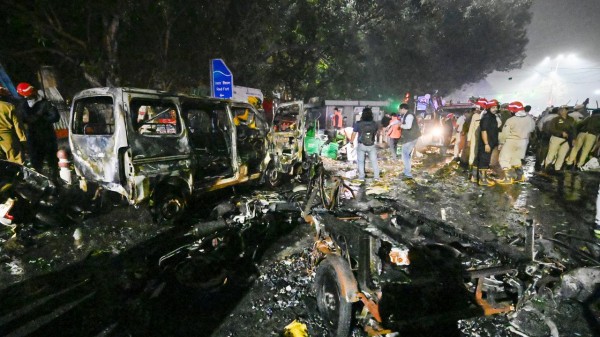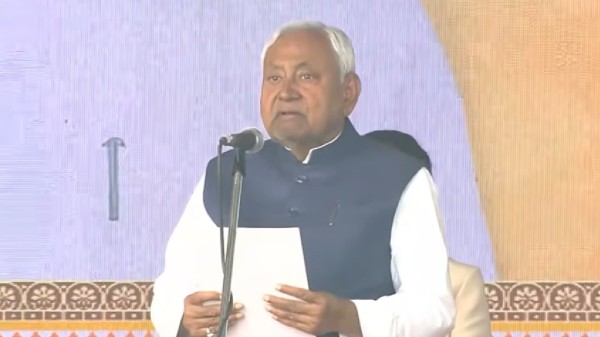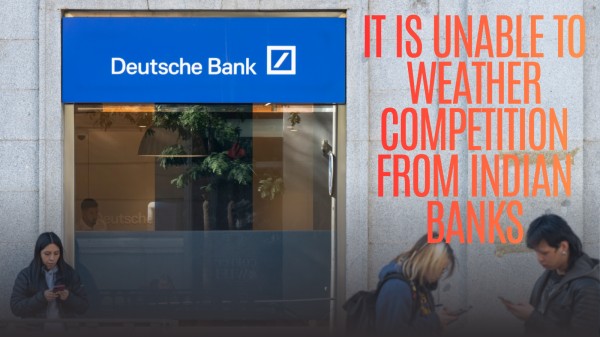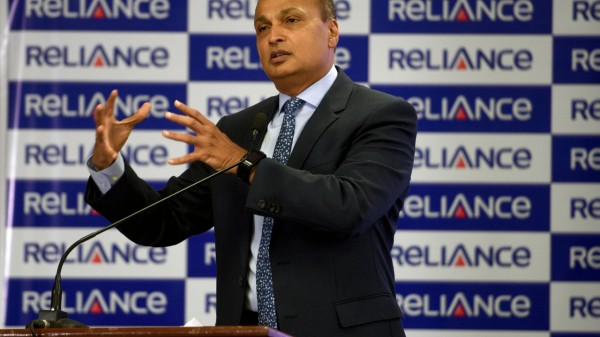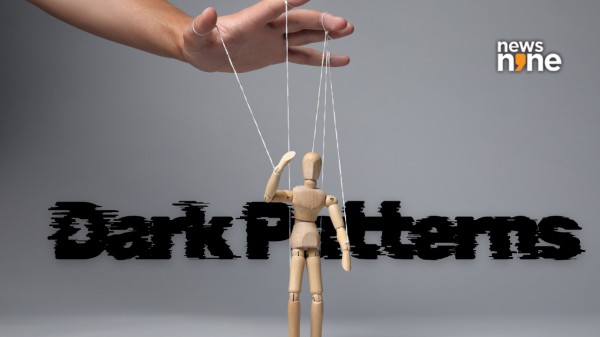

By signing in or creating an account, you agree with Associated Broadcasting Company's Terms & Conditions and Privacy Policy.


By signing in or creating an account, you agree with Associated Broadcasting Company's Terms & Conditions and Privacy Policy.

New Delhi: Vishal Sikka, the Indian-American entrepreneur and the former CEO of Infosys, has said that large language models (LLMs), the technology that operates the chatbots like ChatGPT, do not always know their own limits.
He warned about free AI subscriptions and said that India must build foundational models and a vast number of applications on top of it. The entrepreneur added, "What we have is unique, and nobody in the world has it. So, who else will build that for us?"
Sikka further said, "We have not lost the race. It's a long race and India must secure its future by building & training its own models rather than training foreign models." He added, "We have been selling our sovereignty to foreign LLMs. The free plans that are being offered by Perplexity, ChatGPT are because we 'consumers' are making their products stronger by the day. We are losing our sovereignty, one free subscriber at a time."
While talking about the limits of the AI, he said, "LLMs are probabilistic. They don’t always know what they don’t know,” Sikka explained. “They can sound extremely confident while being completely wrong. When you start using them in enterprises, you can’t just let them run wild. You have to put a leash around AI. You need to know when it’s making things up, when it’s uncertain, and when it should defer to a human. That’s what we’ve been focusing on, making AI trustworthy and reliable at scale."
He explained the 'leash' by saying, "You can think of it as a safety boundary. In our systems, we build models that are aware of their own uncertainty. When the model doesn’t know, it says so. That’s a very different approach from most current LLMs, which just complete the next token regardless of whether it’s true or not."
He has also revealed how Infosys backed OpenAI back in 2015, when artificial intelligence was not a mainstream phenomenon. He said, “When Sam [Altman] and Elon [Musk] were starting OpenAI in 2015, Infosys was one of the first supporters,” he said. “I was fascinated by what they were trying to do — to create safe and beneficial artificial general intelligence. Back then, there was no ChatGPT, no hype around large language models. It was all research-focused, but we believed it was important for the world and wanted to contribute.”
Sikka also warned the companies about the changing dynamics due to AI and said, "Companies that don’t figure out how to reskill people and design AI+human workflows will lose competitiveness. The challenge for countries like India is to ensure that this transition uplifts people rather than displacing them."

